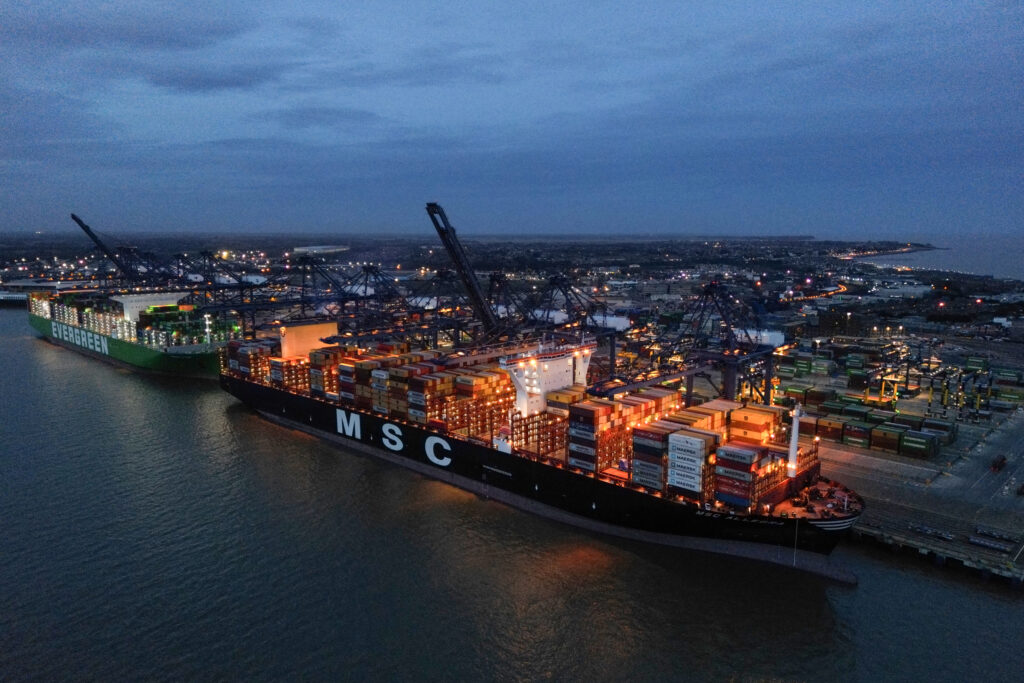
- ARAB NEWS
- 02 Jul 2025

TOKYO: The attacks on shipping at the southern end of the Red Sea are not likely to have major impact on inflation, according to economic analyst group Oxford Economics (OE), but unpredictable factors could change the outlook and a settlement does not appear likely.
“We see the disruption to shipping in the Red Sea as more likely than not to last at least six months, implying that the associated rise in shipping costs will linger and move up the supply chain,” the group’s latest report says. “While we expect the impact on CPI inflation to be small, it will take time before this becomes unambiguously clear.”
OE thinks the peak impact on inflation will be towards the end of 2024 with a predicted rise to inflation of up to 0.4 percent in Europe and significantly less in the United States.
The report added: “While our baseline inflation forecasts are little changed by the shock, there is much uncertainty around the likely effects. This uncertainty could ultimately prompt central banks to delay rate cuts to give themselves more information on the inflationary impacts. However, the Red Sea attacks are only one of many factors that policymakers will factor into their considerations – we still think rate cuts will commence around mid-2024.”
OE says the cost of shipping a container from Asia to Northern Europe has risen from around $1,500 at the start of December to about $5,300. Many major shipping players are rerouting ships around the Horn of Africa, and use of the Suez Canal is down 43percent compared to a year ago. Stopping, dealing with or ameliorating the effects of the Houthi attacks will not be easy, OE says:
“Strikes on the Houthis do not seem a viable way to end the Red Sea attacks: Permanently eliminating Houthi attack capabilities would be hard. The required scale of air strikes could be larger than the US and other forces are prepared to sanction, and, even if it were achieved, the Houthis could re-arm. As long as the threat of attack remains, voyages through the Red Sea will remain lower than normal.”
“Alternatively, protection of ships from Houthi attacks could be increased, but it is a costly solution – each intercept missile reportedly costs more than $1 million – and safe passage cannot be guaranteed. The threat of attack would likely leave insurance premiums to travel through the Red Sea high. Reports suggest that it may cost as much as 1 percent of the value of the ship to insure a seven-day voyage through the Red Sea.”
OE says a formal agreement with the Houthis would be tough to broker as Western governments are reluctant to deal with the Houthis, who are regarded as a terrorist group by the US. And there is no guarantee that Iran could broker a deal. OE suggests an end to Israel’s Gaza offensive could trigger an end to the attacks.